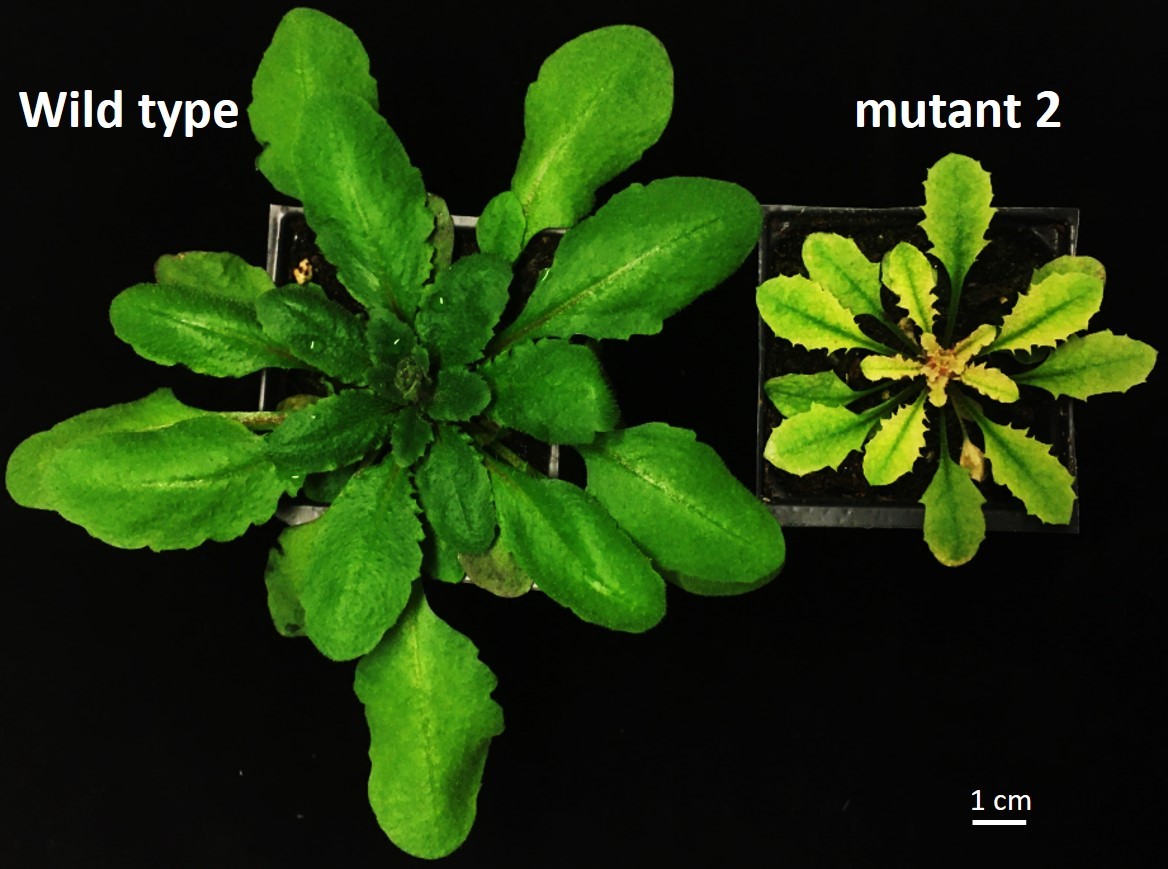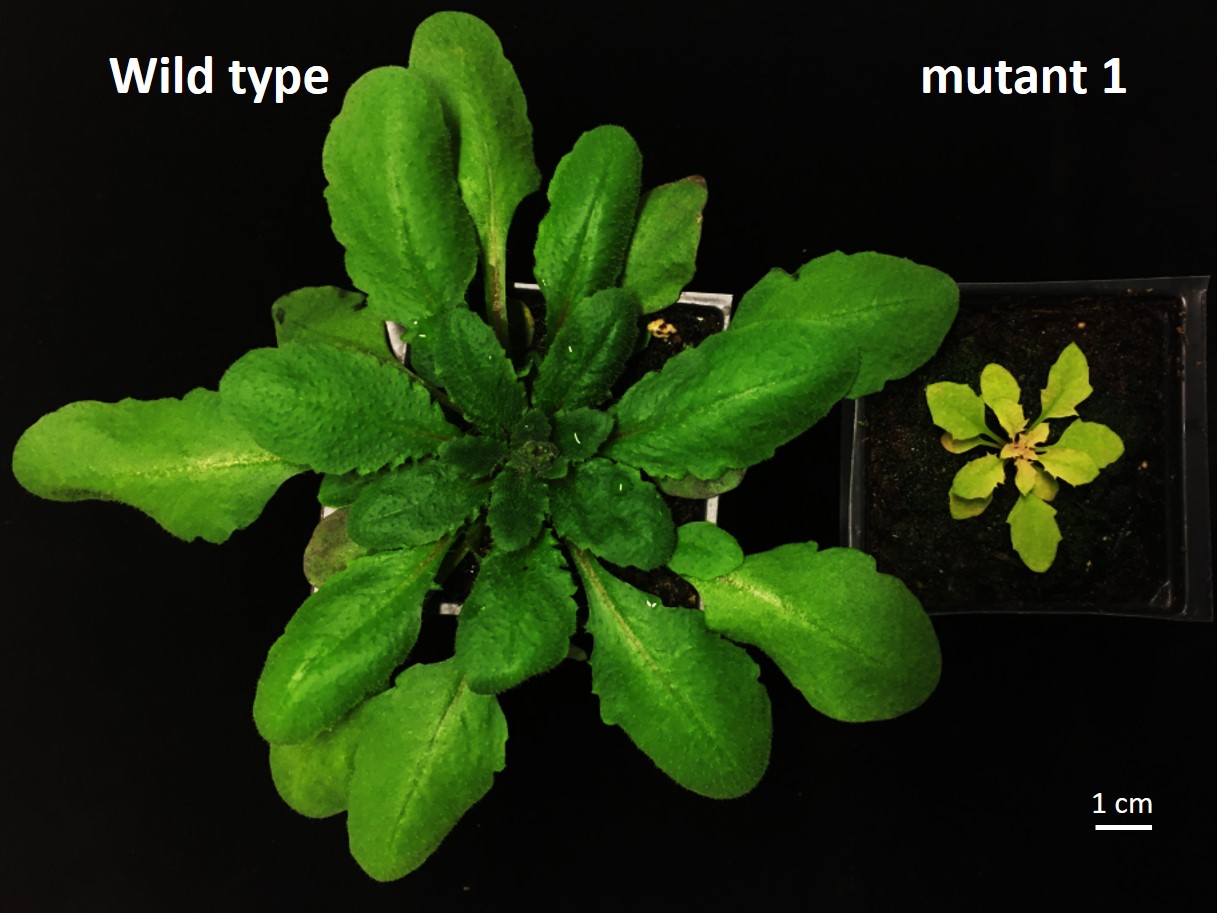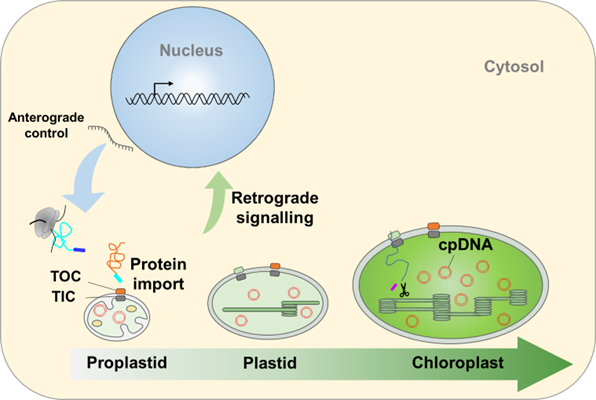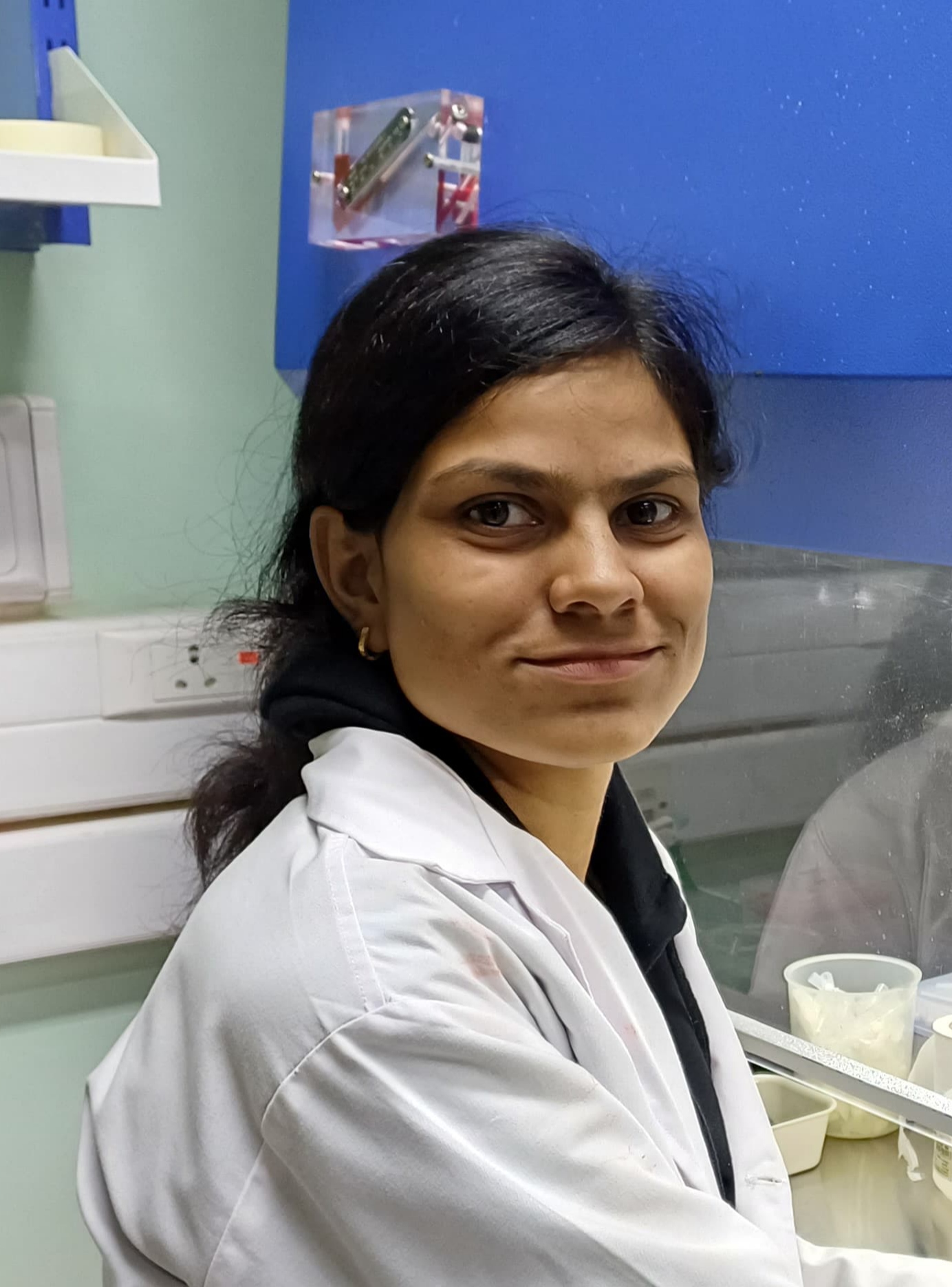



Chloroplasts perform photosynthesis, a process that supports almost all life forms on Earth. These cell organelles are crucial for synthesising nucleotides, amino acids, vitamins, lipids, secondary metabolites and phytohormones essential for plant growth, development, and immune response.
We are extremely keen on understanding the process of proplastid to chloroplast development, focusing on -
Chloroplasts develop from the immature type of plastids called proplastids present in the dividing or undifferentiated cells. Chloroplast biogenesis can be summarised into three stages based on the key processes.

Schematic diagram showing the process of proplastid to chloroplast development, import of nucleus-encoded and cytosol-translated protein into the developing chloroplast (anterograde control), and chloroplast-to-nucleus communication (retrograde signalling).
Though it is known that many of these processes begin early in development, how they are coordinated and regulated to make functional chloroplasts remains elusive. We are currently focusing on the following mechanisms to understand plastid biogenesis.
Chloroplast development and function require proteins (~3000) encoded by chloroplast and the nucleus. Over 90% of these proteins are encoded by the nucleus, translated in the cytosol and imported through protein translocons in the outer (TOC) and the inner (TIC) membrane of the chloroplast. The type of proteins imported determines plastid fate. Our understanding of protein import at the inner membrane and the specific function of TIC proteins is very limited. To address this, we are investigating the mechanism of protein import, specifically at the chloroplast inner membrane.
Developing chloroplasts constantly communicate with the nucleus for their developmental needs, a process called retrograde signalling, which coordinates the synthesis of thousands of organelle proteins in the nucleus. For instance, defects in early plastid biogenesis signal the nucleus to reduce or stop the expression of photosynthesis-related proteins. It is unclear what type or whether plastid signals are required to regulate the early stages of plastid biogenesis. We are investigating retrograde signalling during early plastid development.
Model organism: Our current work involves Arabidopsis, rice and wheat.
Techniques: Cell Biology, Molecular Biology, Microbiology, Biochemistry, Genetics and Computational Biology.
Email : amanitab@iisc.ac.in
Designation : Phd Student
Category : Plant and Developmental Biology
Email : vganesh@iisc.ac.in
Designation : Research Assistant
Category : Plant and Developmental Biology
Email : kavyashreea@iisc.ac.in
Designation : Research Assistant
Category : Plant and Developmental Biology
Email : shivangisore@iisc.ac.in
Designation : Phd Student
Category : Plant and Developmental Biology

Email : yaminiverma@iisc.ac.in
Designation : Phd Student
Category : Plant and Developmental Biology